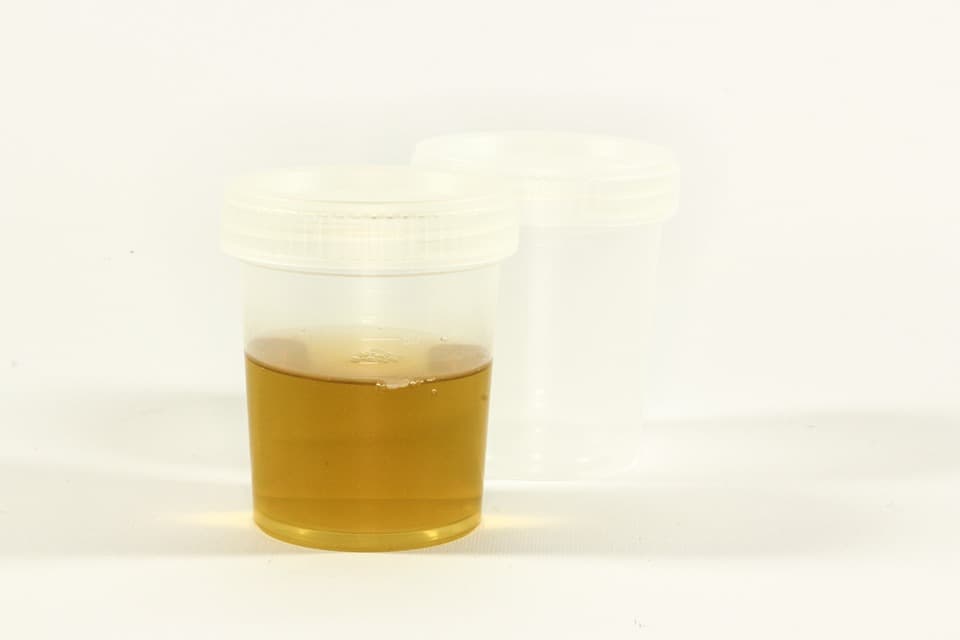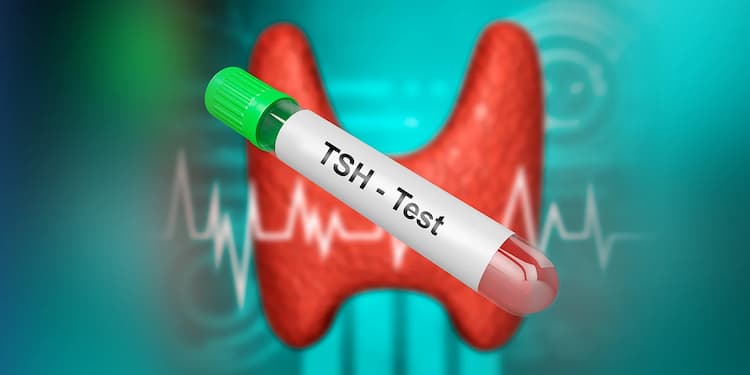Epithelial Cells in Urine: normal range, what it's results indicate

Medically Reviewed By
Dr. Ragiinii Sharma
Written By Dr Divya Rohra
on Feb 28, 2022
Last Edit Made By Dr Divya Rohra
on Mar 18, 2024

The cells that line the surface of our body are known as epithelial cells. These are found in all parts of the body like blood vessels, skin, urinary tract, and more. It is normal to observe the presence of few squamous epithelial cells (from the external urethra) and transitional epithelial cells (from the bladder) in the urine, however, an increased number of epithelial cells in urine are indicative of some underlying health issues. In this article, have a look at the acceptable normal range of epithelial cells in urine. Also, learn about the health conditions that can exist due to abnormal levels of epithelial cells in urine.

Struggling with a renal infection or kidney disease isn't a lighthearted matter. Lack of targeted treatment can impair renal function and lead to a diminished quality of life. Instead of subjecting yourself to such complications in the future, take a step towards early testing to rule out any possible risks.
In this Article
Normal Value of Epithelial Cells in Urine
The normal value of epithelial cells in the urine sample is not dependent on your age or gender. The normal value of squamous epithelial cells present in the urine sample is approximately less than or equal to 15 - 20 cells per high power field (HPF).
Result Interpretation
The level of squamous epithelial cells per HPF greater than 15 - 20 cells indicates contamination in the urine sample. More than 15 epithelial cells per HPF in the urine sample indicates improper functioning of the kidney. The results of epithelial cells in a urinalysis report are indicated by words such as ‘few’, ‘moderate’, or ‘many’ cells. The presence of few cells indicates that the number of epithelial cells in the urine sample lies within the normal range whereas the presence of moderate or many cells indicates the presence of a medical condition such as:
- Yeast infection
- Urinary tract infection
- Liver disease
- Kidney disease
- Cancer

It's not always that the presence of moderate or many cells in the urine sample is indicative of health disease. Sometimes a high level of epithelial cells in the urine sample are present because of the improper urine sample collection procedure.
Takeaway
The epithelial cells in a urine sample are detected through urinalysis. Some epithelial cells in the urine sample are normal. However, if you observe a higher concentration of epithelial cells in your urinalysis test report, you must consult your doctor once. Also, remember that it is not necessary that the high levels of epithelial cells in your urine compulsorily indicate some underlying health disease.
Frequently Asked Questions (FAQs)
-
How can I get the test of epithelial cells in my urine sample done?
You can test the presence of epithelial cells in your urine sample by opting for a urinalysis test. You can simply book the test at Redcliffe labs by either calling our lab or booking your test online. We will get your sample collected from home by sending our phlebotomist absolutely free of cost.
-
What can cause an increase in the epithelial cells in your urine?
Some major risk factors like kidney stones, diabetes, weakened immune system, family history of kidney disease, high blood pressure, pregnancy, and enlarged prostate gland can lead to an increase in the number of epithelial cells in your urine sample.
-
How can I decrease the presence of the number of epithelial cells in the urine sample?
Certain modifications in your lifestyle can help you decrease the number of epithelial cells in your blood. These changes include:
- Avoid high cholesterol food
- Control diabetes
- Limit salt intake
- Avoid alcohol consumption
- Increase physical activity
- Lose weight
- Quit smoking
- Eat a healthy diet that includes fresh vegetables, fruits, and whole grains
Leave a comment
7 Comments
Melissa
Apr 5, 2024 at 8:54 AM.
Our family has a history of kidney issues, a few relatives currently on dialysis and my mother died of urothilial cancer. My daughter is 27, had a tremendous amount of blood in urine. A few weeks later was able to see her physician. He ordered a blood panel, which was fine, but on her urine panel, her squamous epithelial cell count was 40-60. There was occult blood trace, and protein trace. Her leukocyte esterase was 2+. There was few bacteria, and hyaline cast was 0-5. Everything else seemed to be in the normal range. What can be deduced from these results? Thank you.
MyHealth Team
Apr 10, 2024 at 11:51 AM.
Hi Melissa, Given the family history of kidney issues and the presence of blood, protein, and other abnormalities in your daughter's urine panel, further evaluation by a specialist is advisable. These findings may indicate inflammation, infection, or other urinary tract issues that require attention. It's important for her to follow up with her physician for appropriate management and further testing as needed.
Rasant Pradhan
Jan 12, 2024 at 12:05 PM.
Epithelial cells 2-3 it's normal
Myhealth Team
Jan 16, 2024 at 7:37 AM.
Finding 2-3 epithelial cells in urine is typically within the normal range and might not be a cause for concern. However, individual variations exist, and consulting a healthcare professional for personalized advice is recommended to ensure an accurate interpretation based on specific health conditions and circumstances.
megan molkentin
Dec 11, 2023 at 6:36 AM.
I've been working with my Doctor and he found moderate cells from a swab in my mouth so how can this test come from my urine?
Myhealth Team
Dec 15, 2023 at 12:26 PM.
Moderate cells from a mouth swab indicate a test related to oral health. If a urine test is also being done, it's for a separate assessment, likely focusing on kidney function or detecting urinary issues. Discuss with your doctor for clarity on the specific tests and their purposes.
Corina Sedova
Dec 7, 2023 at 4:04 AM.
PH 7 Protein nil Glucose nil Specific gravity 1.025 Leucocytes < 10 Erythrocytes < 10 Squamous epi cells 26 45 year old female should I be worried about any of these results .
Myhealth Team
Dec 8, 2023 at 9:22 AM.
The urine analysis results seem generally normal, except for a higher count of squamous epithelial cells, which might be due to contamination during sample collection. Consult with a healthcare professional for a more personalized interpretation based on your health context.
Asmina Nourin
Nov 19, 2023 at 8:02 PM.
Pus cells 4–6 Epithelial cells 30-35 20age old girl , ith sadaranayallalo
Myhealth Team
Nov 20, 2023 at 11:12 AM.
Pus cells 4-6 and epithelial cells 30-35 in a urine sample for a 20-year-old girl are within normal range.
Veenareddy Veena
Aug 28, 2023 at 10:03 AM.
Puscell 4-6/hpf. Epicells 5_7/hpf is it normal r wt doctor
Myhealth Team
Aug 29, 2023 at 7:15 AM.
The pus cell and epithelial cell counts you mentioned are generally within normal ranges for a urine test, but it's best to consult a doctor for a proper interpretation based on your overall health and medical history.
Deepika Jitendra Chauhan
Nov 1, 2022 at 6:00 AM.
What if my epithelial count are much less than normal range?
Myhealth Team
Nov 3, 2022 at 7:04 AM.
Thank you deepika for your enquiry. You may ask your query on our health community https://redcliffelabs.com/health-community/ and you would receive an appropriate response and along with that you would also receive health management guidelines and content for better health management.


![Gluten Allergy Test - Price, Purpose, & Result [2024]](/myhealth/_next/image/?url=https%3A%2F%2Fmyhealth-redcliffelabs.redcliffelabs.com%2Fmedia%2Fblogcard-images%2FNone%2Fe94dfe46-8720-40de-854a-deedae3143d1.webp&w=750&q=75)


